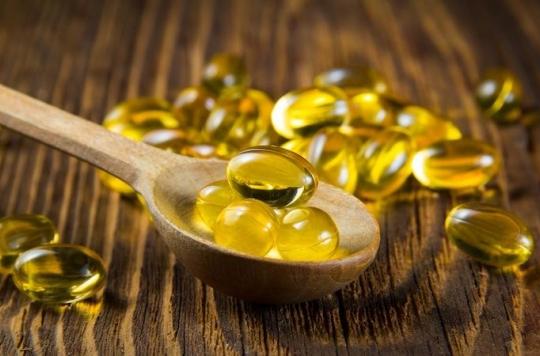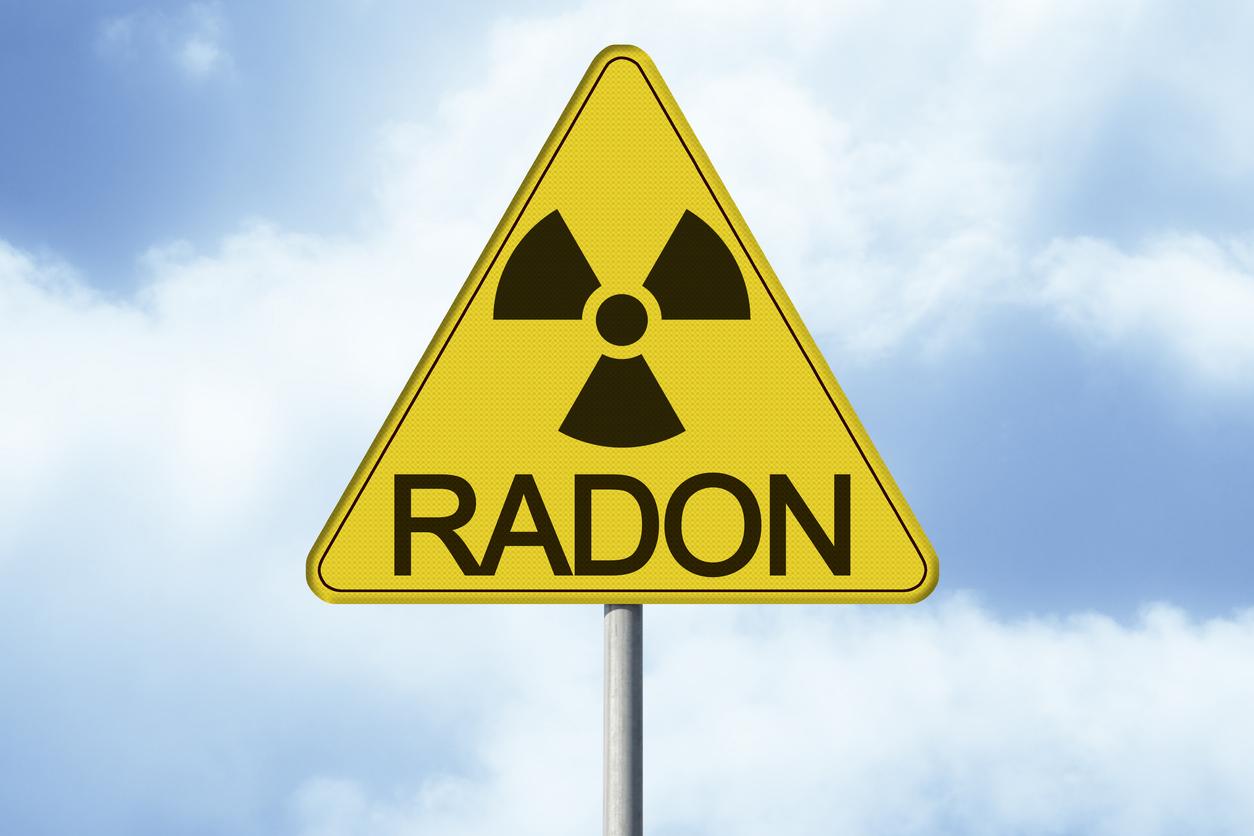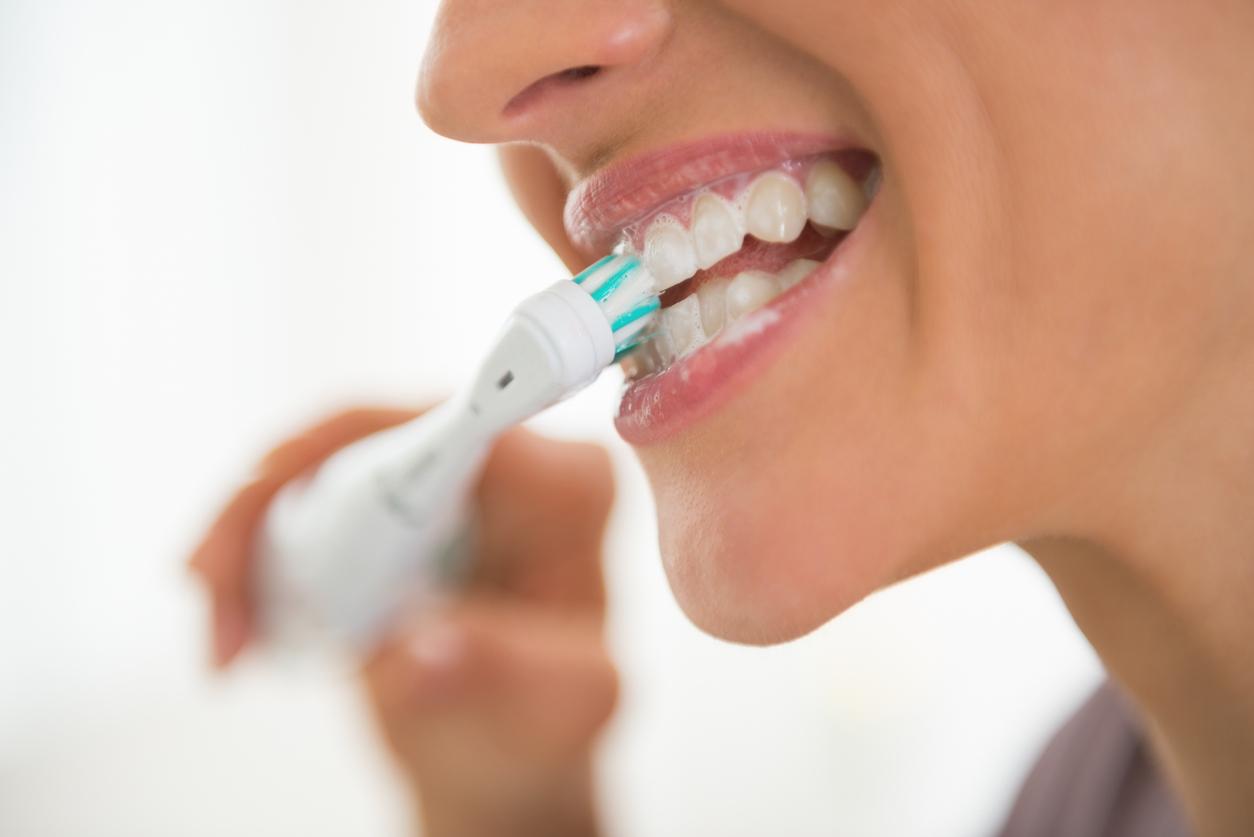A large independent study, presented to the American Congress of Cardiology, the AHA, does not show any major benefit from daily supplementation of the diet with omega-3 or vitamin D in preventing the onset of cancer or cardiovascular disease. . But a few questions remain.

L’fish oil or the vitamin D are they really effective in preventing cancer and cardiovascular disease? Two parts of a very important study carried out by the American government, and presented at the Congress of the American Heart Association which is being held in Chicago (Illinois, United States) from Saturday November 10 to Monday November 12, looked into this question and provided long-awaited answers on these two popular nutrients.
In the United States, almost 10% of adults consume fish oil daily as a dietary supplement. Still others take vitamin D supplementation, despite the lack of major studies to support the many health claims attributed to them. “Those who sell it promote it as good for everything,” but in one validated study vitamin D “didn’t show any good,” points out Dr. James Stein, a cardiologist at the University of Wisconsin-Madison.
Two parts of a large independent study
These two parts of the VITAL study are published in the journal The New England Journal of Medicine. The study was conducted independently by the US Department of Health and without any connection to the brands mentioned, in people without health problems.
After more than 5 years of monitoring nearly 26,000 people, the 2 independent analyzes have not shown any proven effects on reducing the risk of cancer or heart disease in healthy people who have taken regular doses of fish oil or vitamin D. Excess omega-3s can even be harmful in some patients. A longer follow-up is necessary to fully assess the effect of vitamin D on the prevention of cancers, because these can take a very long time to appear.
Potential interest of fish oils
Also called omega-3 fatty acids, fish oils are found in salmon, tuna, and some other fish. Omega-3s can reduce inflammation and have a beneficial effect on the brain, especially on memory. The subject of the omega-3 study, conducted by the Department of Medicine, Brigham and Women’s Hospital at Harvard Medical School and directed by Joann E. Manson, was to determine whether or not n-3 fatty acid supplementation reduced the risk of cancer in the general population.
Scientists conducted a controlled trial versus placebo, with a two-by-two factorial plan, of vitamin D3 (at a dose of 2000 IU per day) and n-3 marine fatty acids (at a dose of 1 g per day) in the primary prevention of cardiovascular diseases and of cancer in men aged 50 or older and women aged 55 living in the United States. A total of 25,871 participants, including 5,106 blacks, were randomly assigned.
No benefit
During a median follow-up of 5.3 years, a major cardiovascular event was observed in 386 participants in the main group and 419 in the placebo group. Invasive cancer was diagnosed in 820 participants versus 797 people in the placebo group. During a median follow-up of 5.3 years, a major cardiovascular event was observed in 386 participants in the n-3 group and 419 in the placebo group.
The researchers therefore deduce that n-3 fatty acid supplementation did not lead to a reduction in the frequency of major cardiovascular events or cancers compared to placebo. Researchers further observed that higher amounts of fish oil, purified and prescribed by prescription, could even cause heart problems and heart-related deaths.
These situations are observed in particular in people who already have a high level of triglycerides, a type of fat essential for the body in terms of energy reserves, but which can increase the risk of heart disease in the event of too high a quantity in the blood.
Mixed effect of vitamin D
The second study, also led by Pr Manson, tested the effects of vitamin D against a placebo. Vitamin D is mainly produced by the skin, from exposure to the sun. It is also found in certain foods such as milk, chocolate and fatty fish. However, the vitamin D content of these foods is relatively low, which is why many prefer to consume them in the form of dietary supplements sold in capsules.
Several studies have found that people with the lowest levels of D are more likely to get cancer, but whether these vitamin D supplements can change this risk is unknown.
Study participants took 2,000 international units of vitamin D-3 (the most active form of vitamin D, also called cholecalciferol) or fake vitamin pills for five years. Vitamin D had no effect on the risk of heart attack, stroke or cancer. After excluding the first two years of use, however, researchers found fewer deaths from cancer in subjects treated with the vitamin (112), than in those in the placebo group (119).
“Cancer can take years to develop, so a difference may not show up right away,” says Manson. “It looks promising, but participants will be studied longer to see if the trend continues. “, she adds.
Questions remain
“Despite these negative results, there remains uncertainty about cancer prevention via vitamin D supplementation due to several factors. First, active vitamin D exerts a consistent negative pressure on cell proliferation in vitro, which could translate into potential anti-cancer efficacy in vivo.”
“Second, a recent meta-analysis showed a significant benefit of vitamin D on cancer mortality,” write Dr. Clifford Rosen of Maine Medical Center Research Institute and Dr. John Keaney Jr. of the University of Massachusetts, in an editorial published in The New England Journal of Medicine.
So it’s not all written down, and other experts believe these numbers only point to a potential benefit that needs further investigation. “These results should be interpreted with caution,” confirm the authors of the VITAL editorial.
.

















